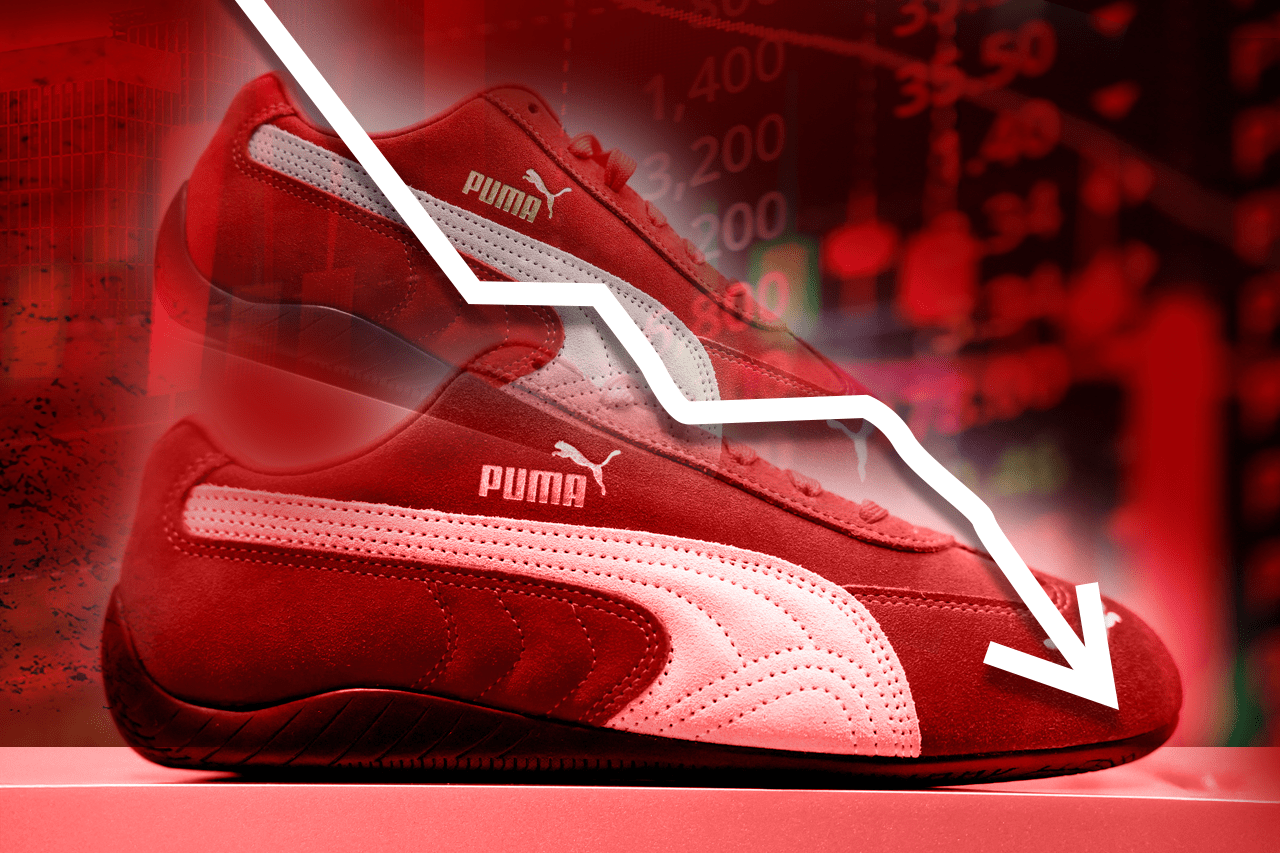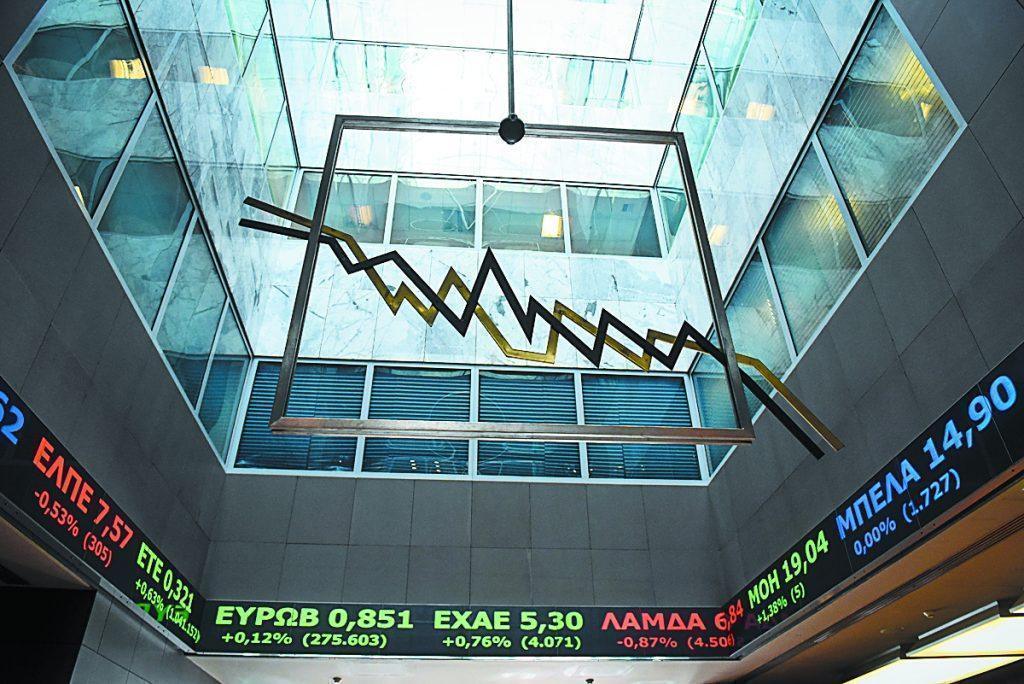From the personal shopping of yesteryear, to today when orders are made online, the idea that shopping comes to the consumer’s door free of charge has become something of an axiom.
But how much do supermarket chains “bear” free distribution – even above a certain amount?
The rapid growth of e-grocery, the digital shopping channel for supermarket items, since the pandemic shows that the cost of this provision is becoming a “thorn” in the profitability of the chains. And that’s because no business makes a profit from online sales.
Charges are coming
“The cost from receiving the order to the delivery of the products to the customer, which is not small, is not passed on to the final consumer with increased charges”, executives of the supermarket chains pointed out.
But because e-sales of supermarket items have their own momentum, which is growing, no one is abandoning the electronic channel and everyone is looking for optimal solutions to “break even” the costs. Hence the prospect of establishing distribution charges is considered almost certain and may even come into force in the coming months.
“All retailers charge freight for e-commerce orders,” say supermarket industry executives, estimating that for chains to be profitable in the process of distributing products, the distribution fee must be at least 10% of the total value of each order.
What consumers are saying
However, consumers are particularly sensitive to the issue of charges and especially in the current inflationary situation, changes in the status of online orders certainly do not go unnoticed.
For example, the issue of transportation is the second most important factor for choosing an e-shop, according to the research results of Focus Bari.
In particular, 59% of the respondents have free shipping as the main criterion for choosing the store. At the same time, however, consumers recognize that free shipping is not always possible. Thus, answering the question “what is the amount below which transportation is considered fair per category” they consider, indicatively, 90 euros for large electrical appliances, 52 euros for furniture, 38 euros for shoes, 31 euros for books and 30 euros for games.
Fewer items in the online cart
As far as the dynamics of the turnover of electronic supermarkets is concerned, the course of sales this year is almost stable, but the growth is based, as is the case in physical stores, on price increases.
Specifically, during the first quarter of this year (data up to March 26), the value sales of online supermarkets increased at a rate of 6.7% to 61.1 million euros, based on the data presented by Panagiotis Gezerlis, founder and head of Convert Group, during NielsenIQ’s Shopper Trends Event.
In contrast to the increase in value sales (88% of online supermarkets and quick commerce partnerships are included), volume was down, as items in the average consumer basket were 10.1% fewer.
It is estimated that the decline in sales volume this year is linked to the steep decline in the intensity of offers by 13.6 points.
At the same time, the increased participation of private label products in the online turnover of organized retail businesses is noteworthy, as their share in value has reached 15.2%, increased by 1.5 points compared to the first quarter of last year. In terms of volume, the private label share in the supermarket online channel reaches 18.7% (+1.4 points).
It is recalled that in 2022 the online supermarket industry grew at a rate of 5%, with the total value of purchases reaching 266 million euros at retail prices including VAT, but not including the Q-Commerce players Box, eFood Market, Instashop, Pop Market, Rabbit & Wolt which are constantly gaining share in the Greek market.








































